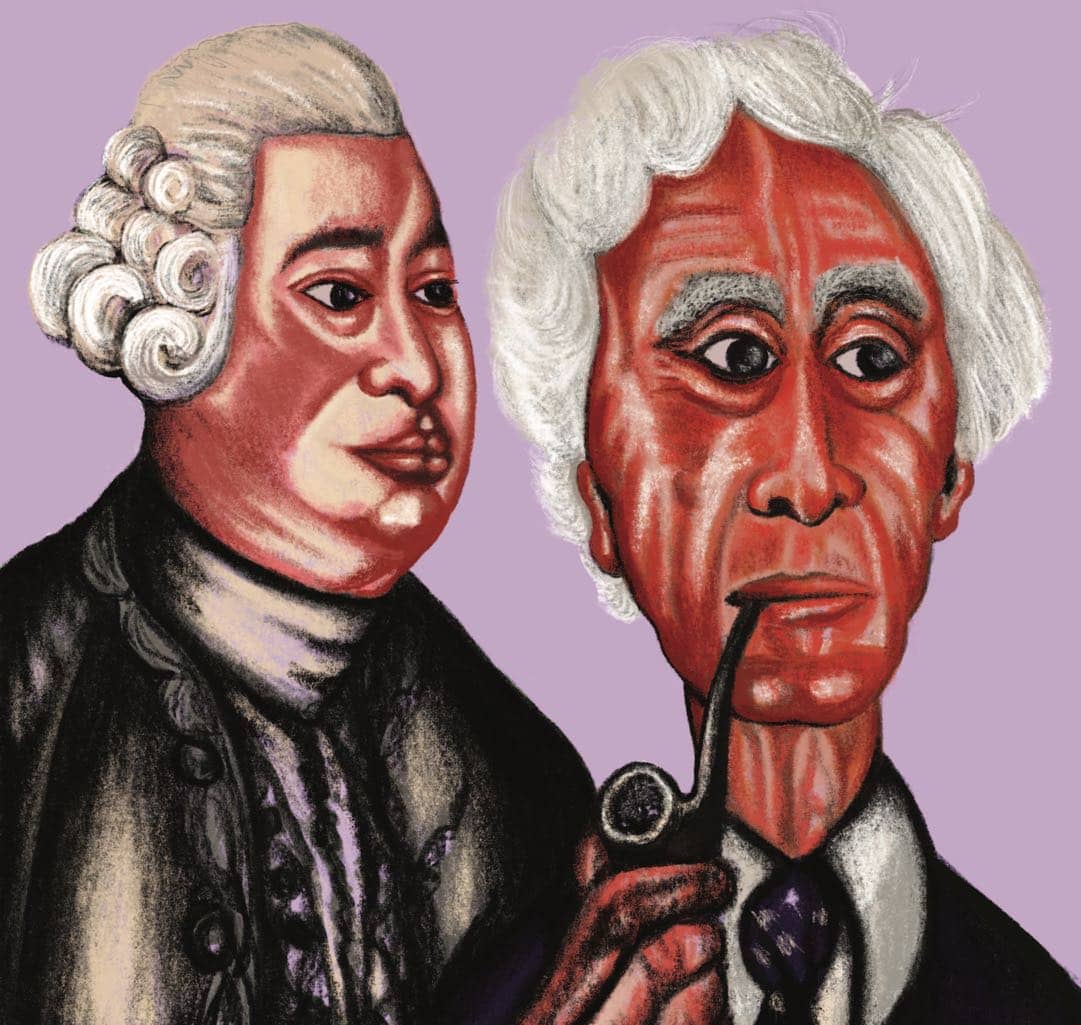
The branch of moral philosophy with the fancy-sounding title ‘meta-ethics’ is most fundamentally concerned with questions of meaning and reality in ethics. To cut a very long story short, there are basically two types of meta-ethicists: those who believe that there are objective moral facts or, at least, that there are objective means of establishing that an action is right or wrong, and those who don’t. The latter believe instead that morality, however it may be dressed up, is actually just a matter of taste, a basic matter of approval or disapproval. Not surprisingly, the first group of philosophers are known as moral realists, the latter as moral subjectivists.
Humean Morality
Most famous amongst moral subjectivists is the great Scottish empiricist philosopher David Hume (1711-1776). Hume argues that we receive no sensory impressions of the goodness or badness, rightness or wrongness of a person, action, or event. In other words, there are no moral properties to be observed alongside the natural properties we observe. When I witness a stabbing, for example, I perceive the knife going in, the blood flowing, and the cries of the victim, but I do not perceive the badness of the act. Rather, I interpret the act as bad. The false supposition that goodness and badness are natural properties of persons, actions, and events has come to be known as the naturalistic fallacy.
Bu hikaye Philosophy Now dergisinin April/May 2021 sayısından alınmıştır.
Start your 7-day Magzter GOLD free trial to access thousands of curated premium stories, and 9,000+ magazines and newspapers.
Already a subscriber ? Giriş Yap
Bu hikaye Philosophy Now dergisinin April/May 2021 sayısından alınmıştır.
Start your 7-day Magzter GOLD free trial to access thousands of curated premium stories, and 9,000+ magazines and newspapers.
Already a subscriber? Giriş Yap

Metaphors & Creativity
Ignacio Gonzalez-Martinez has a flash of inspiration about the role metaphors play in creative thought.

Medieval Islam & the Nature of God
Musa Mumtaz meditates on two maverick medieval Muslim metaphysicians.

Robert Stern
talks with AmirAli Maleki about philosophy in general, and Kant and Hegel in particular.

Volney (1757-1820)
John P. Irish travels the path of a revolutionary mind.

IT'S A WONDERFUL LIFE
Becky Lee Meadows considers questions of guilt, innocence, and despair in this classic Christmas movie.

"I refute it thus"
Raymond Tallis kicks immaterialism into touch.

Cave Girl Principles
Larry Chan takes us back to the dawn of thought.

A God of Limited Power
Philip Goff grasps hold of the problem of evil and comes up with a novel solution.

A Critique of Pure Atheism
Andrew Likoudis questions the basis of some popular atheist arguments.

Exploring Atheism
Amrit Pathak gives us a run-down of the foundations of modern atheism.